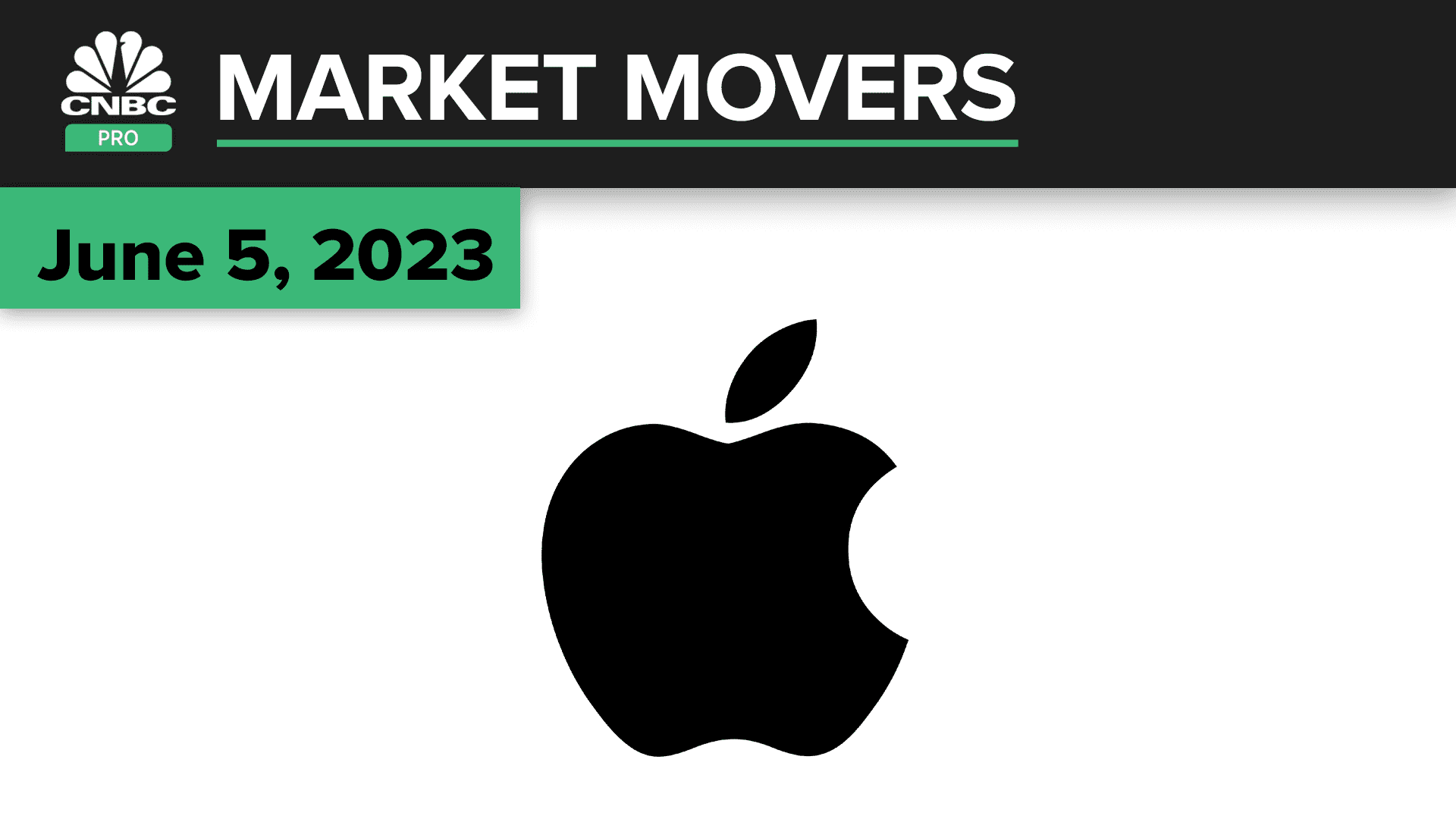Your product might be strong. Your marketing might be working. But in case your group can`t hold up, none of it actually matters. Growth doesn`t come from suitable thoughts alone—it comes from execution. And fast execution? That’s a team sport.
That’s why more and more companies are turning to partners like DigitalSuits. When building internally takes too long—or just doesn’t make sense—they step in as an extension of your team, not some detached agency. Speed, focus, and flexibility, minus the overhead.
Hire for mindset, not just skillset
Plenty of people can write code or design a landing page. But not everyone can solve problems on the fly, ask the right questions, or adapt when things shift—because they will shift.
The best digital teams are full of curious thinkers. People who dig in, explore, and aren`t afraid to say, “What if we attempted some thing else?” That kind of mindset outperforms static expertise every time.
Don’t just fill seats. Build around what matters.
Most businesses make hiring decisions based on roles: “We need a frontend dev.” Or, “Let’s bring on a UX designer.” That’s fine—but not always helpful.
A better way to think about it: what’s actually blocking progress? Is it shipping speed? Is onboarding a mess? Are users not converting? Once you’re clear on that, you can hire people who solve those problems—not just people who check a job title box.
Remote works—if your culture does
The best digital teams today are spread across time zones. That’s not a problem. What is a problem is when communication breaks down, decisions get stuck, and no one’s really sure who owns what.
Remote works beautifully when you’ve got the right systems. Clear ownership. Clear communication. A bias for action. Don’t overthink the tools—Slack, Notion, Figma, they all work. What matters is how your team uses them.
Bring in partners who act like teammates
Let’s be honest. Not every company can hire fast. Sometimes you don’t need a full team—just the right one, right now.
That’s where good outsourcing comes in. Not the old-school “send it offshore and hope for the best” version. A real partner will care about your roadmap, challenge your assumptions, and move with your team’s rhythm.
You want a crew that speaks product, not just deliverables.
Let people own things
Want to move fast? Give people responsibility. Let them ship, learn, fix, repeat. If everything requires three approvals and a Slack thread that never ends, you’re dead in the water.
Set the direction. Make expectations clear. Then get out of the way. Teams grow when they’re trusted.
Hire people with range
The unicorn generalist might be rare, but T-shaped talent isn’t. These are people who are deep in one thing—maybe backend, maybe content—but wide enough to collaborate across roles. They bridge gaps. Spot problems early. Keep things moving when surprises hit (and they will hit).
A few of these folks on your team will save you from hiring ten siloed specialists who only do “their part.”
Culture scales. Tools don’t.
Sure, tools help. But they won’t build your culture. That`s on you.
Create a group dynamic wherein human beings are endorsed to talk up, ask questions, and task every different in proper faith. Make remarks a part of your workflow, now no longer some thing stored for assessment day. That’s what drives real momentum.
The bottom line?
A great digital team doesn’t just build. They adapt, improve, and develop together along with your business.
Whether you`re hiring full-time, plugging in specialists, or bringing on a relied on associate like DigitalSuits, the intention remains the same: get the proper minds withinside the room and allow them to do what they do best.
Do that, and scaling stops being a struggle. It just becomes the next step.








